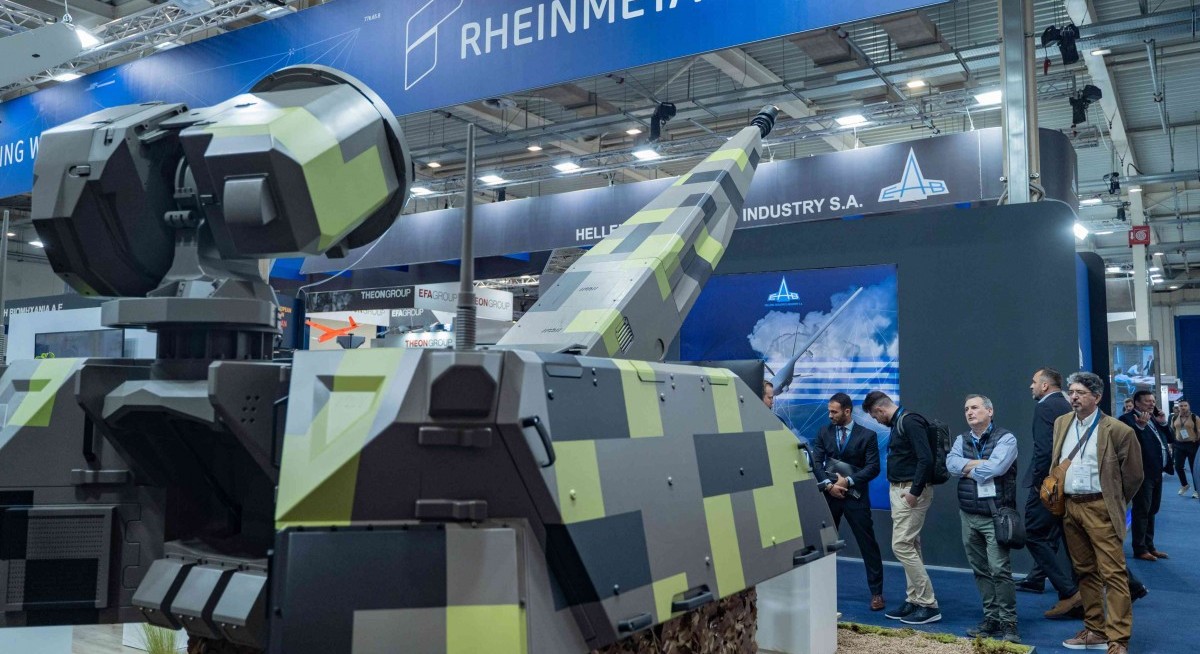Until recently, there were few catalysts that underpinned these gains. Banks, such as HSBC Holdings, Banco Santander and BNP Paribas, were lifted by higher interest rates.
Energy stocks like Shell and TotalEnergies got a boost when oil prices spiked following Russia’s invasion of Ukraine. But these paled in comparison to the arrival of ChatGPT in late 2022, which created a powerful bull run in the US in the following two years.
However, US President Donald Trump is changing the prevailing investment landscape. In the process of ripping apart existing world orders, he has also single-handedly broadened the sphere of imagination for asset managers.
See also: BofA’s Hartnett warns overbought global stocks face sell signal
Consider shipbuilders in South Korea, the world’s second-largest producer after China. The US is planning to charge fees on Chinese ships calling at American ports in an attempt to revive the domestic maritime industry.
South Korean manufacturers might just be able to grab market share if shipping companies order from their shipyards instead. This investment thesis propelled a huge rally in long-time laggards HD Hyundai Heavy Industries and Samsung Heavy Industries.
See also: SAP falls as cloud backlog miss sparks AI competition fears
Or who would have thought that defense stocks could melt up one day? Investors have been searching for names that might benefit from European vows to ramp up military spending, triggered by the White House’s isolationist foreign policies.
Whether Berlin can get its act together is another matter, but that hasn’t stopped German tank and munitions maker Rheinmetall’s shares from rallying after a decade of dismal performance.
Most importantly, Trump’s unconventional economic policies are forcing global asset managers to diversify and give dusty corners a more careful look.
A seismic portfolio reallocation is already taking place. Institutional investors are most underweight the dollar in two decades, according to the latest monthly survey by Bank of America Merrill Lynch.
More than half believe international stocks will be the best-performing asset class over the next five years, leaving US equities in the dust.
Some of the outperformance is noteworthy. The iShares MSCI South Korea ETF is already up 30% this year. While the newly elected President Lee Jae-myung’s promise to boost corporate governance is encouraging, global investors wouldn’t have paid attention had they not planned to diversify to international markets in the first place.
Sink your teeth into in-depth insights from our contributors, and dive into financial and economic trends
It’s equally remarkable that US growth stocks continue to outperform their value counterparts. So we are not witnessing a broad-based factor rotation. Rather, Trump’s disruptive policies are turning some foreign value traps into possible gold mines.
Charts: Bloomberg




